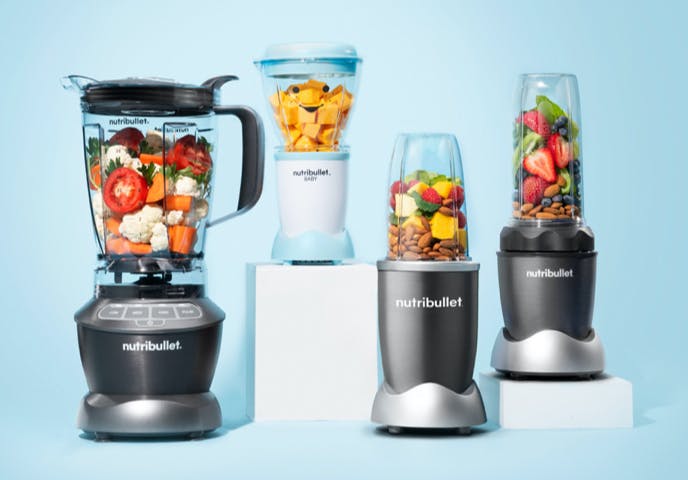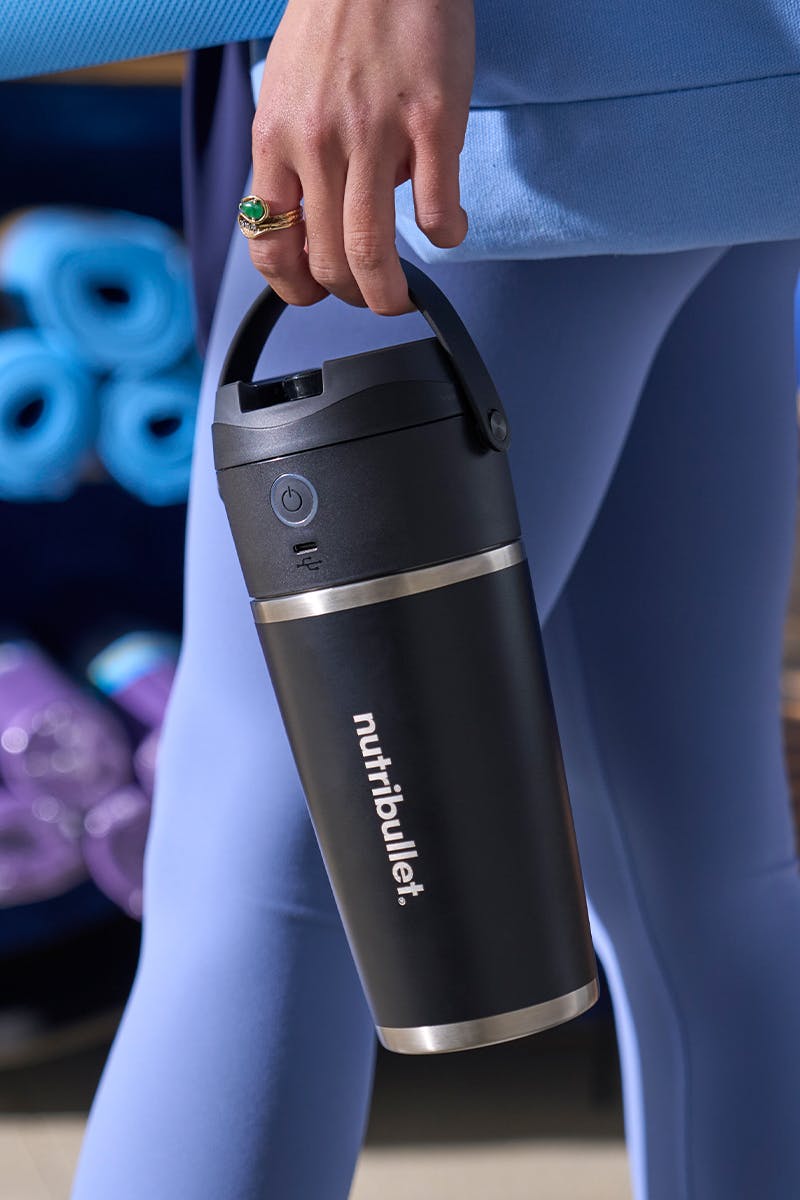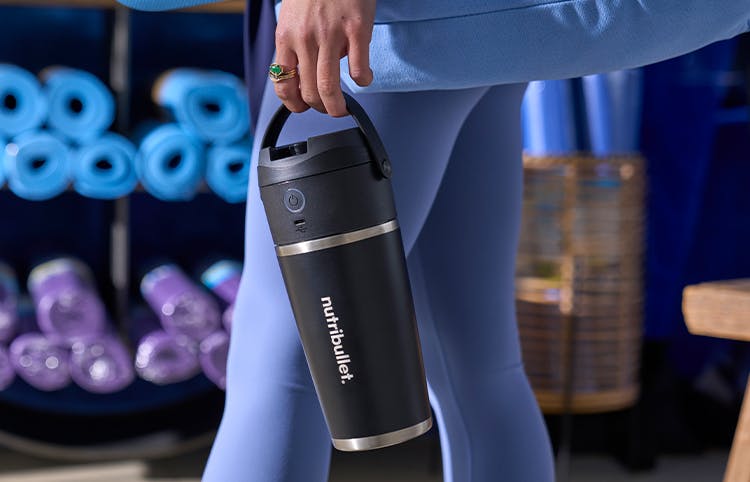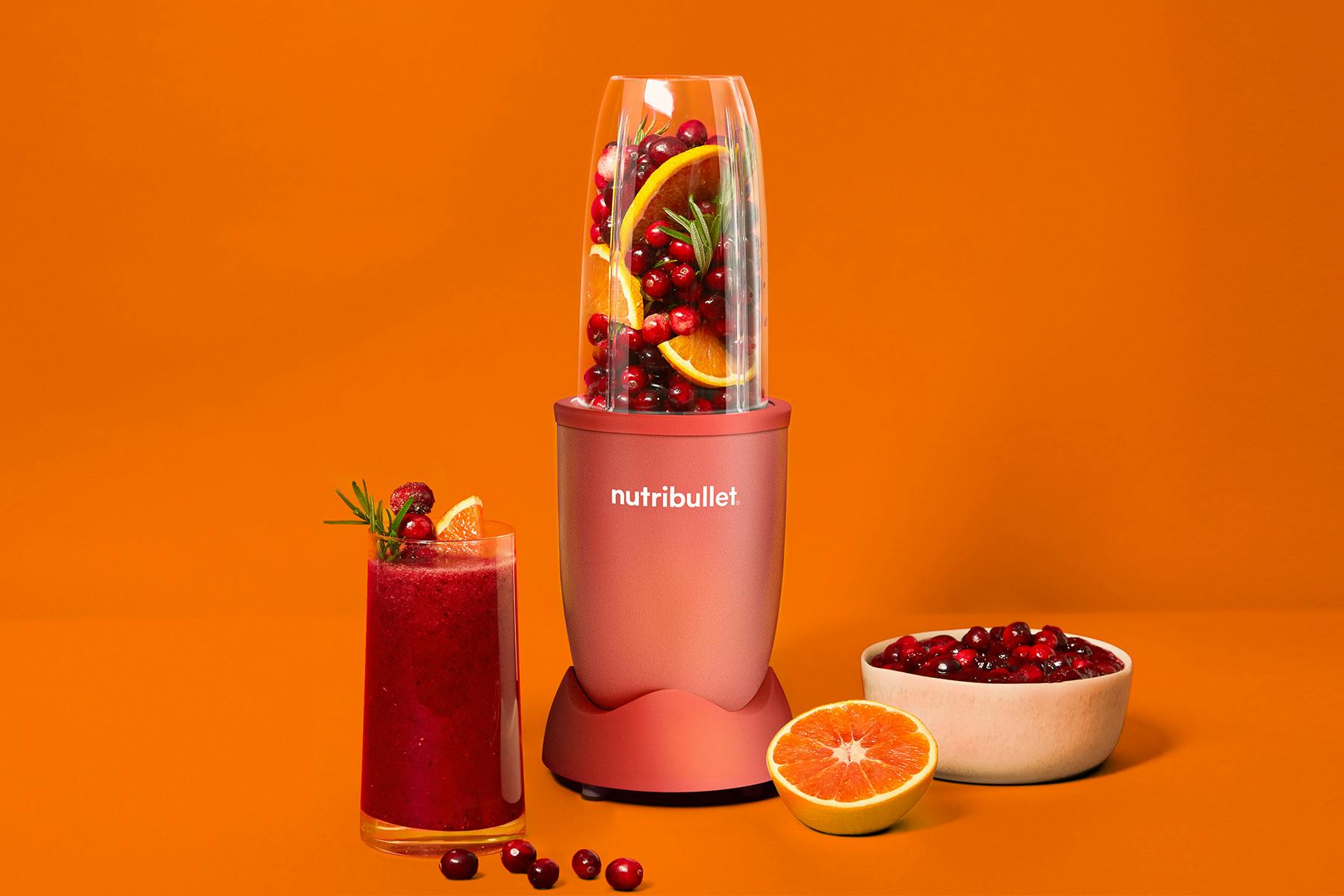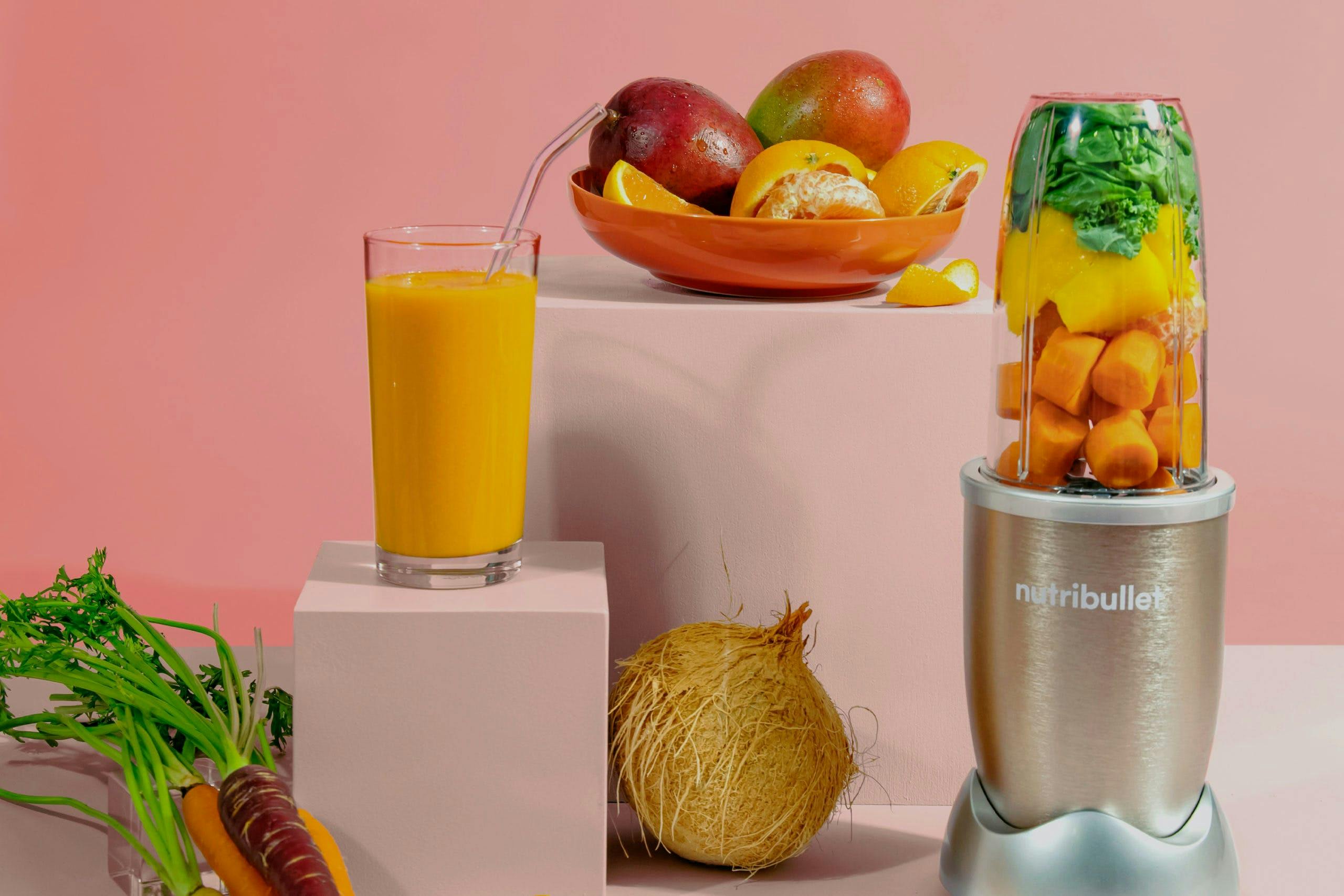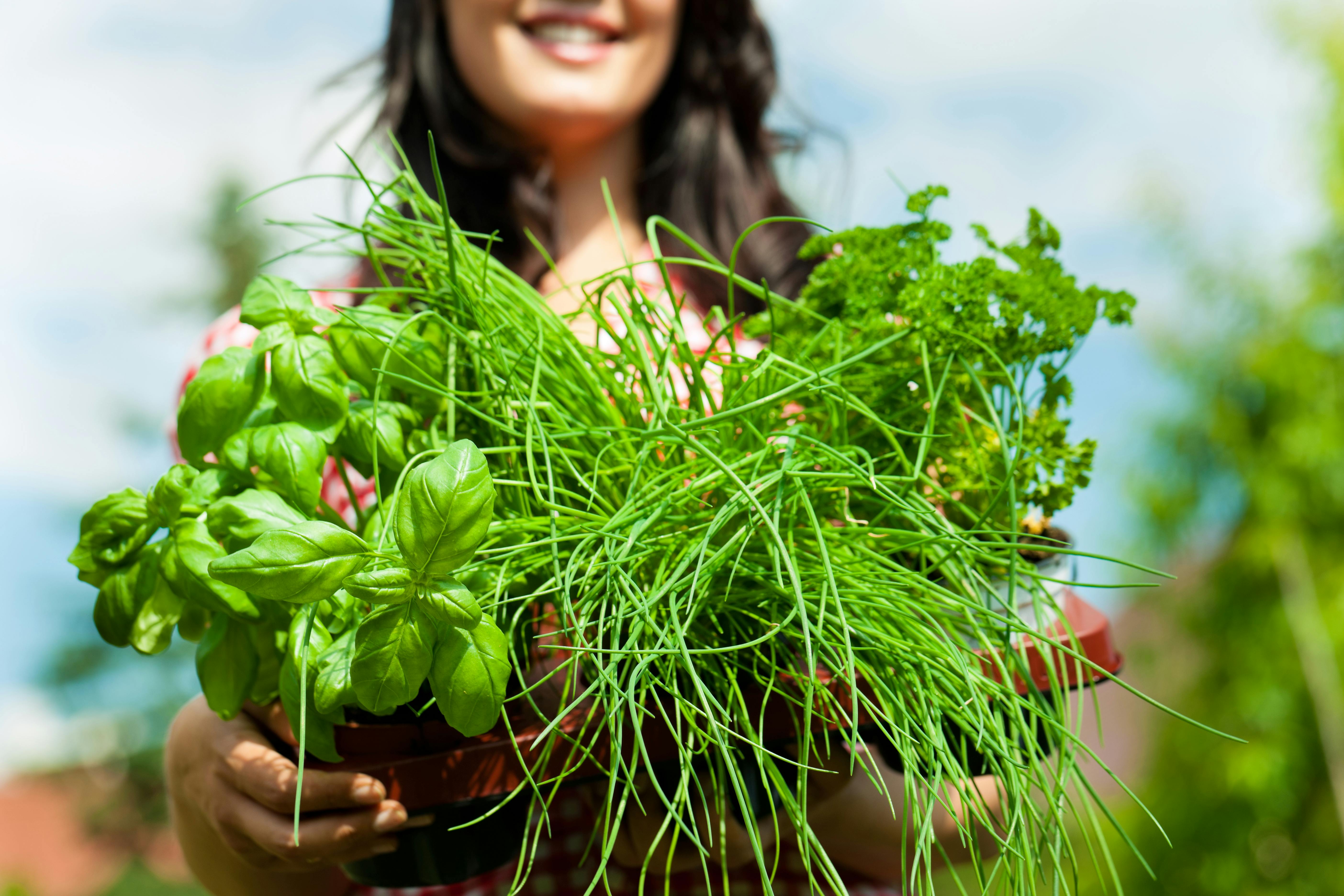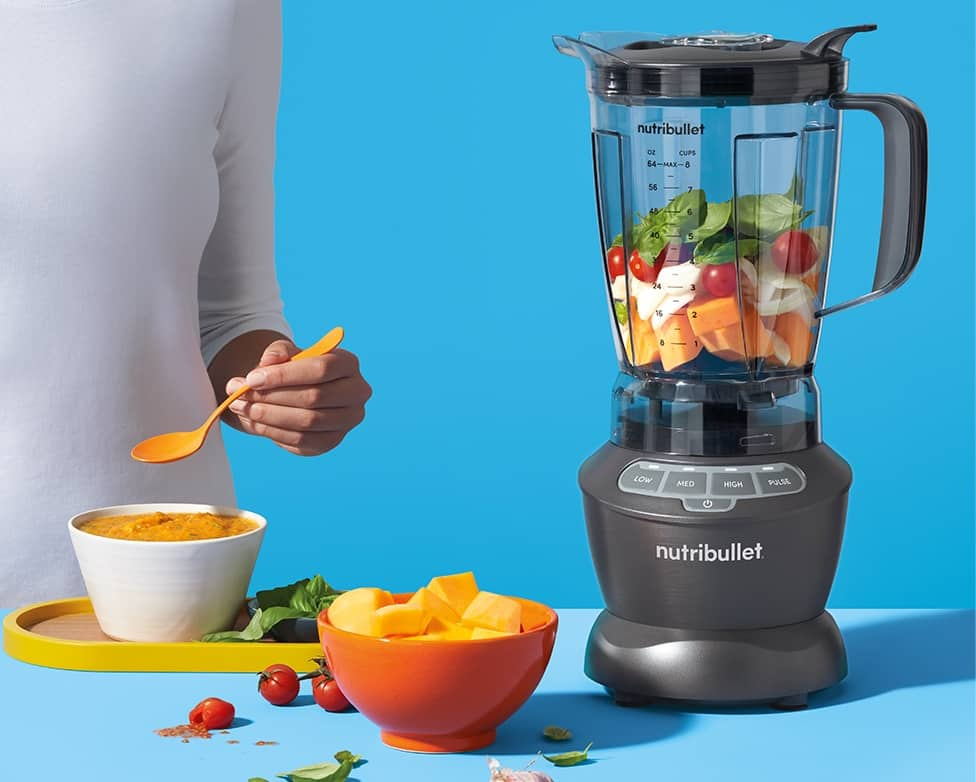For every one human cell, there are 10 bacteria. Many of these bacteria live inside the intestines — mostly the large intestine. They are especially fond of the gel-like mucus that your intestinal cells secrete.
The proteins in gluten are pro-inflammatory. They destroy the gut lining and make it “leaky.”
White blood cells are members of your defense team. Besides bacteria and yeast, you will find specialized white blood cells in the mucosal lining of your digestive tract. Even more of your immune system lies just beneath the intestinal wall, in a mass of lymph tissue.
At any one time:
- Your immune system communicates with the bacteria and yeast in your gut.
- The bacteria and yeast communicate with your immune system.
- Mucosal intestinal cells can send signals of distress or balance to other mucosal tissue (for example, within the lungs or birth canal).
- Your immune system and inflammatory signaling speak to the rest of your body.
This is your inner ecosystem. The yeast and bacteria that help create your inner ecosystem evolve with you. In fact, they are so important to your health, the balance of your immune system, and your survival that scientists have coined your inner ecosystem the “forgotten organ.” (1)
Like any organ in the human body, your inner ecosystem is susceptible to injury and disease.
And unfortunately, stress from the environment or even diet can easily damage this “organ.” Signs to look out for include the common hallmarks of poor digestion:
- Heartburn
- Constipation or diarrhea
- Intestinal pain or cramping
- Gas
The reality is that poor digestion can be silent. In other words, you may think that your digestive tract is healthy — meanwhile, you have unexplained migraines, anxiety, depression, joint pain, eczema, allergies, or acne.
One of the best ways to take care of your inner ecosystem is to know which favorite foods (or drinks) can stir up the most trouble.
TOP 5 FOODS TO AVOID
- Soda Pop: Whether your soda is naturally or artificially sweet, studies agree that the sugar, high-fructose corn syrup or synthetic sweeteners in soda change how gut bacteria metabolize energy. (2) They also trigger an inflammatory response and alter (for the worse) the communities of bacteria and yeast living in your digestive tract. (3)
- Cereal Grains: This means whole grains and refined flours that are used to make bread, pasta, cakes, and crackers. Cereal grains contain gluten and other nutrient inhibitors. As it turns out, the proteins in gluten are pro-inflammatory. They destroy the gut lining and make it “leaky.” (4)(5)
- Vegetable Oils: This includes oils like canola, soybean, corn, and sometimes even olive oil. While not a food per-se, vegetable oils are ubiquitous in processed foods and restaurant fare. The problem? All of these oils are liquid at room temperature. This indicates that they are mostly made up of polyunsaturated fats. According to the American Journal of Clinical Nutrition, the breakdown of polyunsaturated fats is “one important mechanism involved in the pathogenesis of inflammation, cancer, and atherosclerosis.” (6)This breakdown occurs during the manufacture of vegetable oils, during storage, and during cooking. Olive oil makes the list because many people cook with olive oil. Olive oil is rich in mono-unsaturated fats, making it modestly heat-stable but not suitable for cooking. Coconut oil and red palm oil do not make the list because they are made up of mostly saturated fats. Saturated fats can withstand high temperatures, making them ideal cooking oils.
- Coffee: Not only does coffee trigger the release of stress hormones, we are also learning that it contains a protein very similar to a protein found in wheat gluten. This is the same protein that the immune system reacts to. In a nutshell: the immune system can “mistake” the protein in coffee for the protein in wheat — your body may respond to coffee with the exact same inflammatory response that it has with gluten. This is called a cross-reaction.
If you are not getting results from your gluten-free and casein-free diet, you may want to nix the coffee. A study published this January in Food and Nutrition found that coffee isn’t the only culprit. The proteins in milk, oats, corn, and rice are also at greater risk for being tagged by your immune system as gluten. (7) Interestingly, researchers found that instant coffee was the most cross-reactive of all forms of coffee.
- Beer, Wine, and Spirits: Beer is made with cereal grains that contain gluten. As a fermented beverage, beer also contains living organisms that can feed Candida yeast overgrowth. Both gluten and Candida contribute to leaky gut. As far as wine and other spirits go, it looks like alcohol itself can irritate the gut lining.
Research has found that alcohol directly damages cells along the digestive tract. (8) Alcohol also drives inflammation in the gut and makes it leaky. (9) Finally, alcohol changes your inner ecosystem and can contribute to bacterial overgrowth, ordysbiosis. (10)(11)
To prevent damages to your inner ecosystem, support healthy digestion, and improve your overall health, watch what you eat and avoid the foods mentioned above. You can find this article and learn more about digestive health on Body Ecology.
REFERENCES:
1. O’Hara AM, Shanahan F. (2006). The gut flora as a forgotten organ. EMBO reports, 7(7), 688-693.
2. Payne, et al. (2012) Gut microbial adaptation to dietary consumption of fructose, artificial sweeteners and sugar alcohols. Obesity Reviews.
3. MY Pepino, et al. (2011). Non-nutritive sweeteners, energy balance, and glucose homeostasis. Current Opinion in Clinical Nutrition & Metabolic Care, Jul; 14 (4): 391 – 395.
4. F Pineau, et al. (2007). Intestinal translocation capabilities of wheat allergens using the Caco-2 cell line. J. Agric. Food Chem, 55 (11): 4576–83.
5. SN Vogel, et al. (2006). Gliadin stimulation of murine macrophage inflammatory gene expression and intestinal permeability are MyD88-dependent: role of the innate immune response in Celiac disease. J. Immunol, 176 (4): 2512–21.
6. Eritsland J. (2000). Safety considerations of polyunsaturated fatty acids. The American journal of clinical nutrition, 71(1), 197S-201S.
7. Vojdani A, Tarash I (2013). Cross-Reaction between Gliadin and Different Food and Tissue Antigens. Food and Nutrition, 4, 20-32.
8. Oliver KM, Taylor CT, Cummins EP. (2009) Hypoxia. Regulation of NFB signalling during inflammation: the role of hydroxylases. Arthritis Res Ther, 11:215.
9. Bode C, Bode JC. (2003) Effect of alcohol consumption on the gut. Best Pract Res Clin Gastroenterol, 17:575–92.
10. Bode JC, Bode C, Heidelbach R, Durr HK, Martini GA. (1984) Jejunal microflora in patients with chronic alcohol abuse. Hepatogastroenterology, 31:30–34.
11. Hauge T, Persson J, Danielsson D. (1997)Mucosal bacterial growth in the upper gastrointestinal tract in alcoholics (heavy drinkers). Digestion, 58:591–95.










